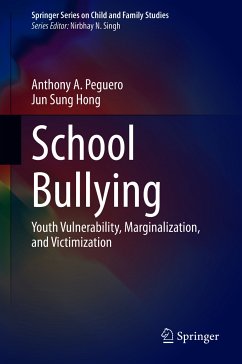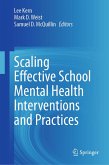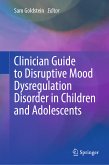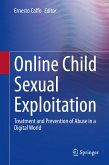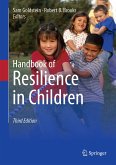This book examines the associated experiences of school bullying and violence among vulnerable and marginalized youth. It discusses the effects of diversity and disparities in youth's experiences with bullying. Among these are socioeconomic and social status, family cohesion and interactions, sex, sexual orientation, gender identity and gender expression, race, ethnicity, immigration, religion, and disabilities and special health needs. The book describes the ways in which a social-ecological framework can inform the problem and address school bullying. It addresses not only individual, intrapersonal, and environmental factors of bullying, but also discusses distal level factors and conditions that are specifically relevant to youth (e.g., culture and law). In addition, this volume contextualizes relevant multilevel factors that foster or inhibit bullying victimization among vulnerable and historically marginalized children and adolescents who are faced with cumulative social stratification.
Key areas of coverage include:
- The role of the family (parents and guardians, siblings) - its cohesion and interactions - in school bullying.
- Race, ethnicity, immigration, and religion and school bullying of marginalized and at-risk youth.
- Victimization of students with physical, emotional, and learning disorders.
- Bullying and victimization of vulnerable youth in the court systems.
School Bullying is an essential resource for researchers, clinicians and other practitioners, graduate students, and policymakers across such disciplines as child and school psychology, social work and counseling, pediatrics and school nursing, educational policy and politics, and all interrelated disciplines.
Dieser Download kann aus rechtlichen Gründen nur mit Rechnungsadresse in A, B, BG, CY, CZ, D, DK, EW, E, FIN, F, GR, HR, H, IRL, I, LT, L, LR, M, NL, PL, P, R, S, SLO, SK ausgeliefert werden.

